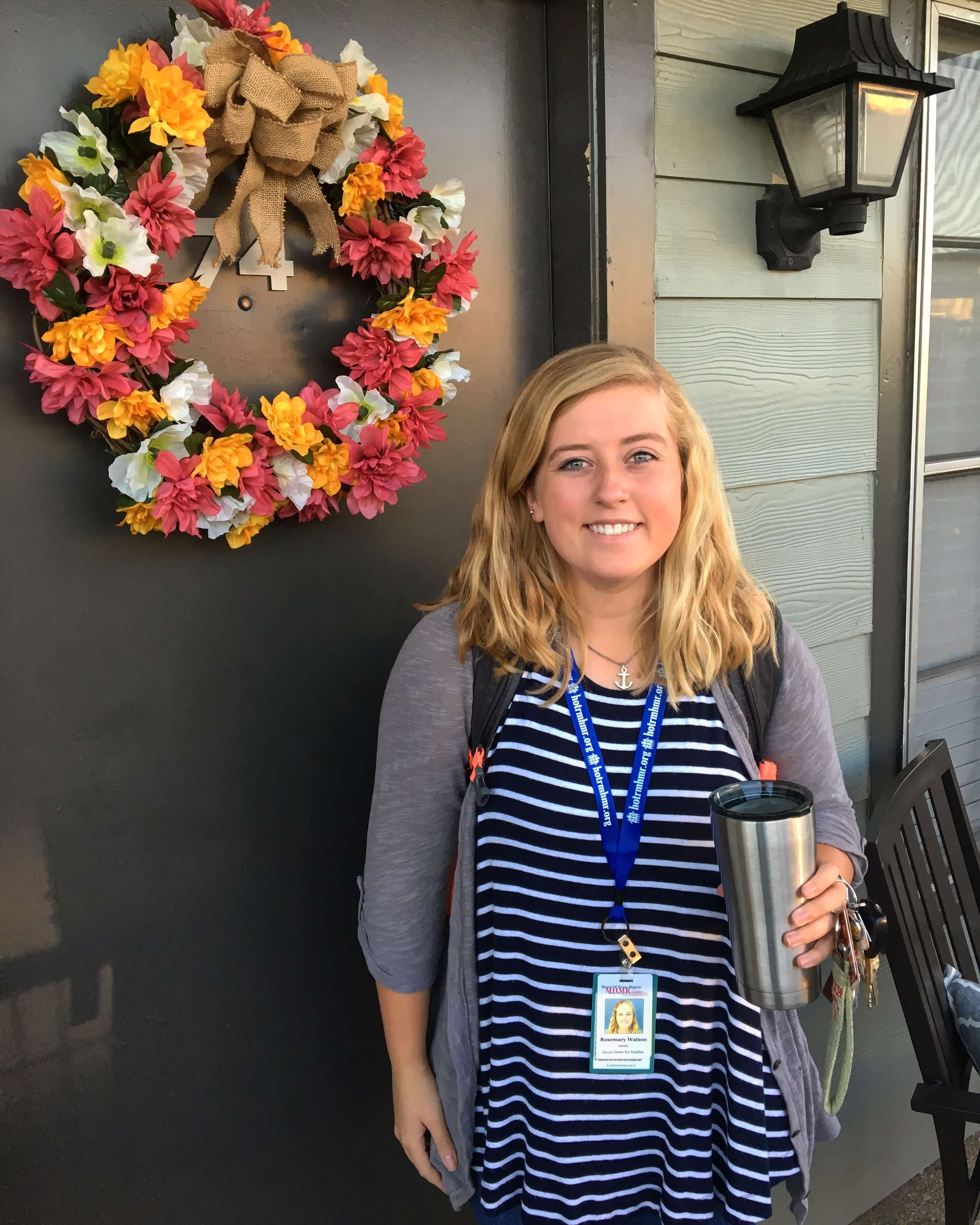I remember when I was first talking to my peers about getting a master’s degree in social work. Some of the questions and comments I got were:
“Oh, so you want to work for Child Protective Services?”
“Oh wow, that is a hard field to go into.”
“What can you even do with that?”
“I bet that degree will be super easy.”
“Grad school is impossible.”
“How noble of you! You’re going to change the lives of the people you work with!”
While their questions and comments weren’t completely without merit, many of them did not seem to understand what a degree in social work is really all about. So, let’s explore some of the false assumptions surrounding social work careers — get ready to dive in!
What Is Social Work, Really?
The National Association of Social Workers (NASW) has a code of ethics that social workers follow in their practice. The NASW states that the primary mission of the social work profession is to:
“Enhance human well-being and help meet the basic human needs of all people, with particular attention to the needs and empowerment of people who are vulnerable, oppressed, and living in poverty.”
That is a pretty hefty mission and every social worker strives to embody it in their practice. But, in order for this mission to be accomplished, it must be first studied and integrated by those who set out to put it into practice. Along the way, some misconceptions about social work can deter promising candidates from continuing on the social work path — but we are here to set the record straight.
Social Work Is Easy and Grad School Is Impossible
First misconception: social work is easy and graduate school is impossible.
When I first started studying social work in my undergraduate career, my professors told our cohort that our first social work classes would be like drinking water from a fire hydrant (aka trying to take in a significant amount of information all at once). They were completely right.
Not only are you learning general skills to use in social work practice at all levels, but you are also learning about trauma, the history of oppression, discrimination, violence, abuse, and much more. The topics are heavy and the burden can be hard to carry. However, a good social work education also frequently addresses the need for established self-care practices and provides students with ways to take care of themselves mentally, physically, emotionally, and spiritually. In summary, you do learn and hear about a lot of hard things, but you are also given many tools to take care of yourself.
Your Only Job Option Is with CPS
Second misconception: a degree in social work can only help you begin a career with Child Protective Services.
A degree in social work is one of the most versatile degrees you can earn. Examples of the careers available include working in:
- Schools
- Hospitals
- Mental health settings
- Community organizing
- Grant writing/planning
- Veteran’s Affairs
- Hospice/palliative care
- Adoption and foster care
- Adult protective services
- Criminal justice
- Addiction and recovery centers
- Public policy and advocacy
- And so much more.
Because of the flexibility you have with a graduate degree in social work and the ever-present need for these professionals, social workers enjoy high levels of job security. Even when funding is cut in agencies/organizations, there is typically always money for social services. With an MSW, your unique skill set and experience will make you a valuable asset to agencies everywhere.
You Will Change The Life of Everyone You Encounter
Third misconception: you’re going to change the lives of all your clients.
Great social workers truly do possess outstanding qualities and skills, and utilize them to empower their clients and support them through the most difficult times in their lives. However, no matter how many skills you may have or how much you love your profession, you will never be able to get through to everyone.
You will have clients who do not respond to interventions in the way that you think they should based on past clients and research. You will have clients who will improve for a period of time and, for lack of a better word, relapse after months, maybe even years of treatment. Your work will not always be successful.
While this sounds discouraging, there is a lot of hope in the profession. I had a professor tell me once that just because swimming upstream may be hard, that doesn’t mean we should stop. If social workers don’t swim upstream, who will? You might feel like you’re swimming upstream often, however, never forget you are planting seeds along the way. Your clients may not respond to what you’re saying now, but your words could have a profound impact on them in 10 years as they think back to their interactions with you. You may not always see the finished product, but the journey is what matters — and you get to be a part of that journey.
Begin Your New Career with An MSW
The best preparation for a career in social work is a graduate degree in social work. Through an MSW program, you will have the opportunity to study social work theory and put it into practice through field placements. You will learn from experienced faculty and grow together with your cohort. At the Garland School of Social Work at Baylor University, the knowledge our students acquire during their master's program prepares them to be skilled, effective practitioners in the field. To learn more about how you can get started on a graduate degree that will prepare you for professional success, contact us today!














